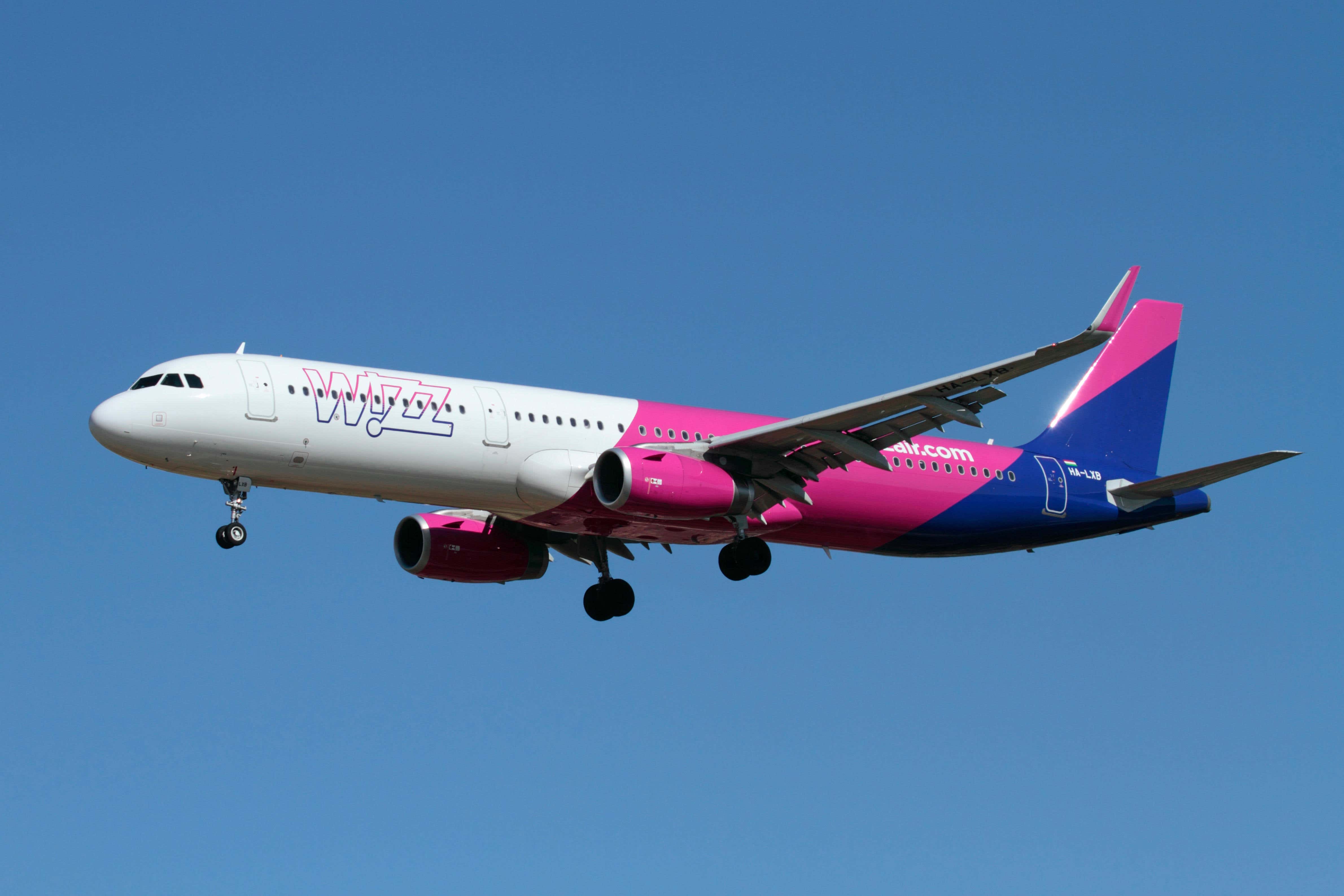Human waste from Essex to become unlikely plane fuel in world first
The world-first factory will turn faeces into jet fuel

Human waste will soon be able to fuel your holiday flights after a world-first factory was announced.
The commercial-scale factory converting human waste to sustainable aviation fuel (Saf) will be built in Essex.
Biofuel company Firefly said it will develop the plant in Harwich and expects to begin supplying the lower carbon fuel from around 2028.
It has reached an agreement with Wizz Air to provide up to 525,000 tonnes of Saf over 15 years.
Utility company Anglian Water has committed to providing biosolids – a product of its wastewater treatment process – to Firefly for an initial pilot Saf facility.
Saf is made from sustainable sources meaning its production involves using about 70% less carbon than conventional jet fuel.
It can be used in a maximum blend of 50% with kerosene without the need for any modifications to aircraft engines.
Saf is currently several times more expensive to produce than conventional jet fuel.

Firefly chief executive James Hygate said biosolids are “kind of disgusting stuff” but “an amazing resource”.
He went on: “We’re turning sewage into jet fuel. I can’t really think of many things that are cooler than that.”
Paul Hilditch, the company’s chief operating officer, said: “There’s enough biosolids in the UK for more than 200,000 tonnes of Saf.
“That’s enough to satisfy about half of the mandated Saf demand in 2030.
“We’re not the only answer – we need the other routes to Saf – but this new route to Saf has the potential to move the needle, it has the potential to be a significant contribution to UK Saf supply.
“And not just the UK of course. Anywhere in the world where there are people, there’s poo.”
Firefly said it is in the process of obtaining regulatory approval for its system to be used to fuel aircraft.
Wizz Air also announced a new aspiration to power 10% of its flights with Saf by 2030.
Yvonne Moynihan, corporate and ESG (environmental, social and governance) officer at Wizz Air, said: “Wizz Air celebrates two decades of transformation this year, transitioning from a small airline into a global leader of sustainable aviation and affordable travel.
“Alongside fleet renewal and operational efficiency, sustainable aviation fuel plays a crucial role in reducing carbon emissions from aviation.
“Our investment in Firefly, which has the potential to reduce our lifecycle emissions by 100,000 tonnes CO2 equivalent per year, underscores our commitment to mainstream the use of Saf in our operations by 2030.
“However, achieving our aspiration requires a significant ramp-up of Saf production and deployment.
“Therefore, we call on policymakers to address barriers to Saf deployment at scale by incentivising production, providing price support, and embracing additional sustainable feedstocks for biofuel production.”
Under the Government’s Saf mandate, at least 10% of the fuel used by airlines in the UK must be made from sustainable feedstocks by 2030.
Bookmark popover
Removed from bookmarks